- Solar stocks are facing turbulent times as the potential repeal of the Inflation Reduction Act looms under Trump’s administration.
- Some companies on our list, heavily reliant on residential incentives, have already seen significant stock declines, while others that are utility-scale players remain more insulated.
- Will the solar industry adapt and thrive, or is a major downturn inevitable?
The re-election of Trump has introduced significant uncertainty for the solar energy sector, particularly for companies that have benefited from the Inflation Reduction Act (IRA) of 2022.
The IRA and Its Role in Solar Industry Growth
The Inflation Reduction Act (IRA) of 2022 marked a transformative moment for the U.S. renewable energy sector. With provisions like extended federal tax credits, grants, and subsidies for clean energy projects, the IRA catalyzed significant growth in solar energy adoption. Homeowners and businesses alike benefitted from generous incentives, driving demand for residential and utility-scale solar projects.
Solar companies, in turn, saw surging revenues as federal policies facilitated innovation and market expansion.
However, President Donald Trump’s potential rollback of the IRA, aligned with his pro-fossil fuel agenda, has raised alarm bells across the solar industry. A repeal or significant scaling back of these incentives could drastically reshape the economic landscape for solar companies.
Solar Stocks Feeling the Heat
Its clear that The IRA provided substantial tax incentives and subsidies to promote renewable energy adoption, leading to rapid growth in the solar industry. However, Trump’s campaign included promises to reverse these policies, favoring increased fossil fuel production and potentially repealing the IRA.
This policy shift has already impacted solar stocks. Following the election, the Invesco Solar ETF (TAN) fell nearly 11%, with individual companies experiencing significant declines:
1. Sunrun Inc. (RUN)

Sunrun, a leader in residential solar installation, has been one of the most vulnerable to potential policy changes.
Nearly 30% of its growth over the past two years can be attributed to the availability of federal tax credits under the IRA. These credits reduced upfront costs for homeowners, making Sunrun’s products accessible to a broader audience.
A reversal of these incentives could significantly weaken its market appeal, as residential customers may hesitate to invest in solar without financial support.
Following Trump’s election victory, Sunrun’s stock plummeted by 26%, reflecting investor concerns over this reliance.
2. Enphase Energy Inc. (ENPH)
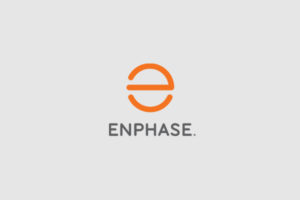
Enphase Energy specializes in microinverters for solar systems, which are critical for optimizing energy efficiency in residential installations. Its products gained traction thanks to IRA-driven demand for home solar installations.
However, the company faces risks from a potential downturn in residential solar demand.
Enphase has focused on diversifying its product line to mitigate risks, but its stock still fell by 19% post-election, indicating market unease.
3. SolarEdge Technologies Inc. (SEDG)
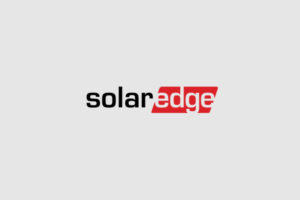
SolarEdge’s inverters and optimization solutions cater primarily to residential and small-scale commercial markets, sectors heavily supported by IRA incentives.
The company’s performance is closely tied to tax credits and grants that lower costs for customers. While SolarEdge has expanded globally, its reliance on U.S. residential solar incentives remains a concern.
This was evident as its stock dropped 19% after Trump’s election, signaling fears of reduced domestic demand.
4. Sunnova Energy International Inc. (NOVA)

Sunnova provides solar and energy storage services to more than 63,000 customers in more than 20 U.S. states and territories.
The company relies heavily on federal incentives to promote its financing options for residential systems. It’s financial model thrives on reducing barriers for homeowners to adopt solar.
With a shocking 51% stock decline post-election, Sunnova appears to be the most exposed to a potential repeal of the IRA, highlighting its dependency on government support.
5. First Solar Inc. (FSLR)
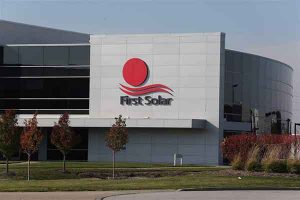
Unlike its peers, First Solar, also provides utility-scale PV power plants, and offers services that include financing, construction, maintenance, and recycling of end-of-life panels. It experienced a relatively modest decline of 12%.
The company’s focus on utility-scale projects and domestic manufacturing positions it to potentially benefit from protectionist policies, even under a Trump administration.
First Solar’s limited exposure to the residential market shields it from immediate risks tied to the IRA’s fate.
Time to SELL Solar Stocks or BUY the Dip?
The potential rollback of the Inflation Reduction Act (IRA) under President Trump’s administration has introduced significant uncertainty for solar energy companies, particularly those heavily reliant on federal incentives. Investors are now faced with the critical decision of whether to divest from these stocks or capitalize on their recent declines.
Historically, market reactions to political shifts have been unpredictable.
For instance, following President Biden’s 2020 election, the Invesco Solar ETF (TAN) surged over 50% in anticipation of favorable policies. However, despite supportive legislation like the IRA, the fund has since declined by 70%, highlighting the complex interplay between policy expectations and market performance.
Given this volatility, a cautious approach is advisable. Investors should closely monitor policy developments and assess each company’s resilience to potential regulatory changes. Diversifying portfolios to include companies with robust fundamentals and less dependence on federal incentives can mitigate risks. Ultimately, while the current dip may present buying opportunities, thorough due diligence is essential to navigate the evolving landscape of the solar energy sector.







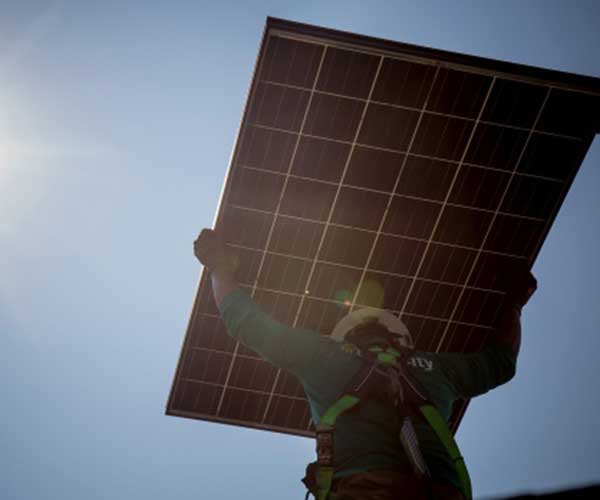

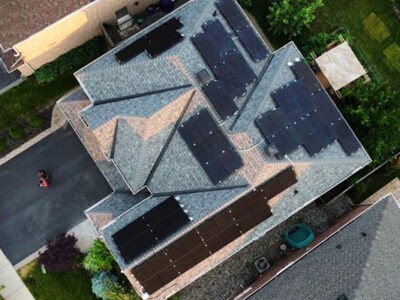



Comments